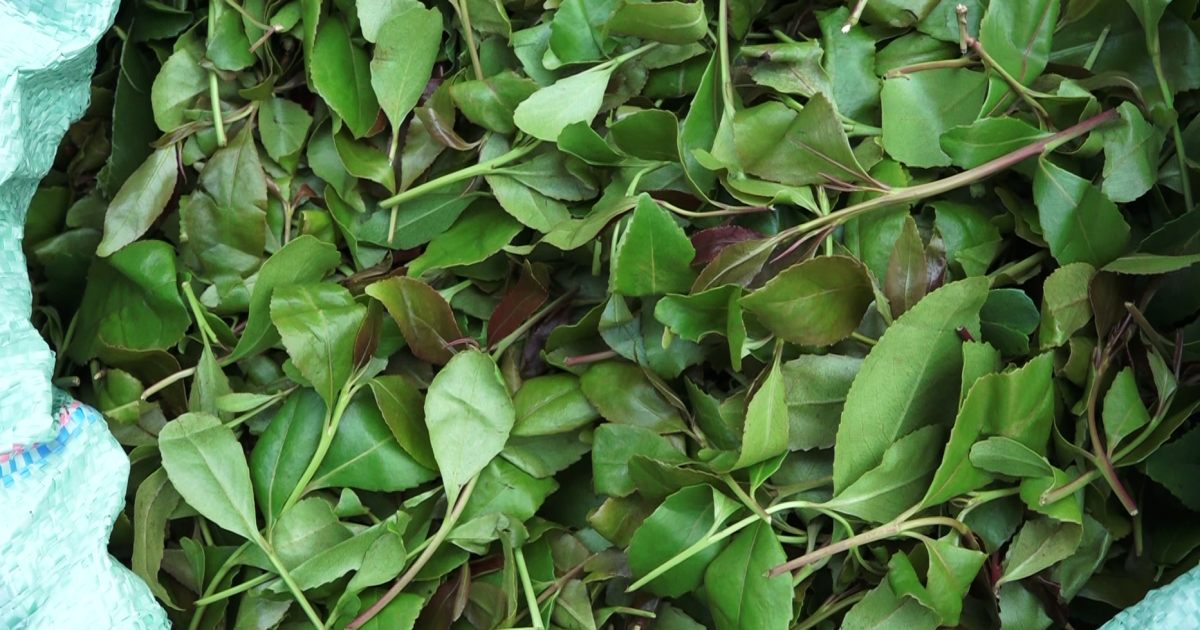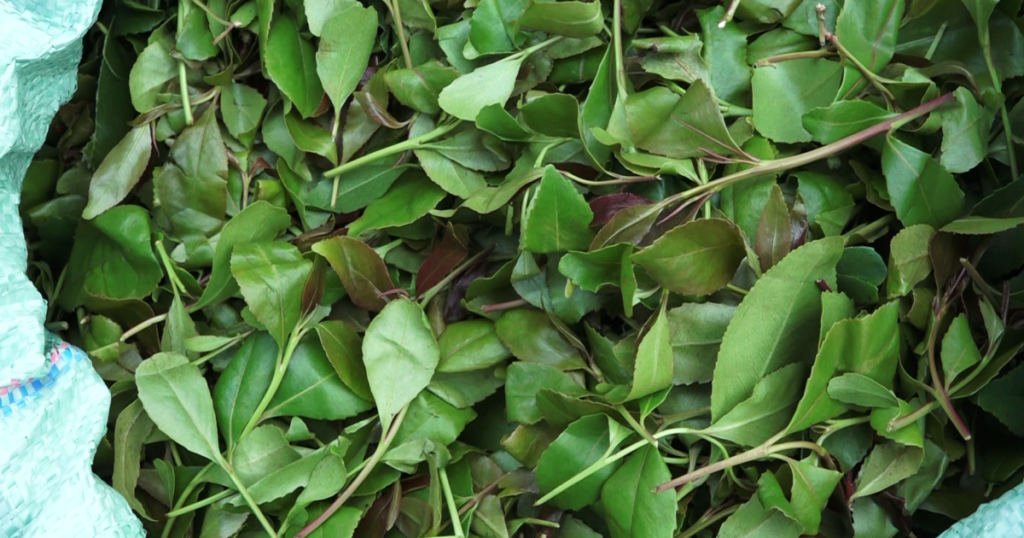
Kenyan athletes are under strict scrutiny as officials issue a stern warning against the consumption of muguka, threatening potential bans for those who indulge in the stimulant.
Martin Yauma, the official responsible for education and research at the Anti-Doping Agency of Kenya (ADAK), has cautioned athletes against the use of muguka, emphasizing its potential consequences.
“In our efforts to uphold fair play and integrity in sports, it’s crucial for athletes to understand the implications of consuming muguka. Like Miraa, muguka contains cathine, a banned stimulant in sports. Therefore, athletes must refrain from its use to avoid the risk of being banned from competition,” Yauma cautioned according to a publication.
According to the ADAK official, indulging in muguka could result in a sportsperson facing a ban of up to four years from competitive events.
“Usage of muguka is strictly prohibited during competition. If athletes are found to have used it during testing at competitions, they could face a minimum ban of four years. However, outside of competition, the rules differ,” he clarified. “Regardless of its legality or acceptance in the country, the World Anti-Doping Code remains unequivocal for athletes.”
The nation has ramped up its efforts to combat substance abuse, particularly following the suspension of numerous athletes for testing positive for banned substances.
Muguka’s classification as a restricted substance has garnered widespread endorsement from religious organizations, notably Muslim leaders in Mombasa, advocating for its ban.
Despite refraining from outright prohibition, the National Agency for the Campaign Against Drug Abuse (NACADA) has labeled muguka as a harmful substance due to the presence of stimulants like cathinone and cathine, reflecting a nuanced stance on its regulation.


